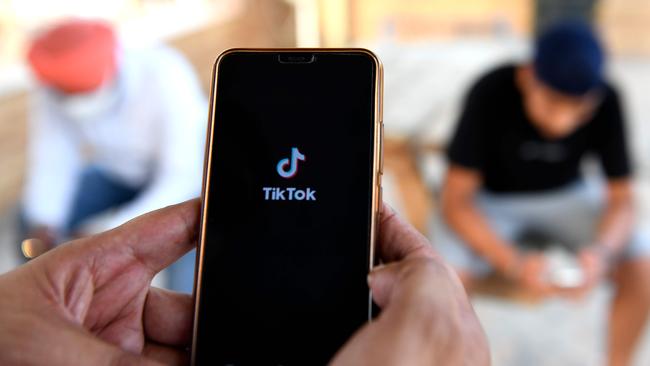
But the second global war -- the database, telecommunication systems war -- may in the longer term prove to have an equal or greater impact.
And what makes the second war so dangerous is that on at least two occasions in the last month we went close to starting a shooting war.
Australia’s direct involvement in the database war came when we were one of the first countries to follow the US and ban the Chinese telecommunications giant Huawei from involvement in the 5G network.
But the database war is much wider and has many corporations on the front line, including the global stocks that have driven share market growth --- America’s Amazon, Apple, Facebook, Google (Alphabet) and Microsoft, and China’s Alibaba, TenCent and ByteDance.
All of them are in the same basic industry---- database assembly and management. This war is not about the advertising and marketing advantages of data bases but rather the future use of artificial intelligence (AI), which is going to propel the technology development of nations.
Those that succeed in the AI game will be the global winners. The US is blocking what it believes is a Chinese strategy to win the AI war by controlling the communication networks via Huawei and others. China and Huawei deny that but those denials have, if anything, intensified the war which has spread to the UK, Canada India, Singapore and threatens continental Europe. And the closely linked US/China (plus Australia) trade war inflames the tensions.
But, like the virus, the database war is now spreading into new fronts that cover a much broader base and involve billions of people. On the surface these new fronts do not seem to be part of the communications war but, in fact, they are an integral part. Here are a few of the fronts:
* Many US colleges and universities, including Harvard, announced that they plan to hold online-only courses this term as the US struggles to get COVID-19 under control. The US government saw that as a threat to its position in the AI war and so this week announced that international students (read Chinese) will not be allowed to stay in the country if the institution in which they’re enrolled is holding online-only courses. If students fail to comply with the rules, they risk deportation. It has caused chaos in the US international student community and is a wonderful opportunity for Australia.
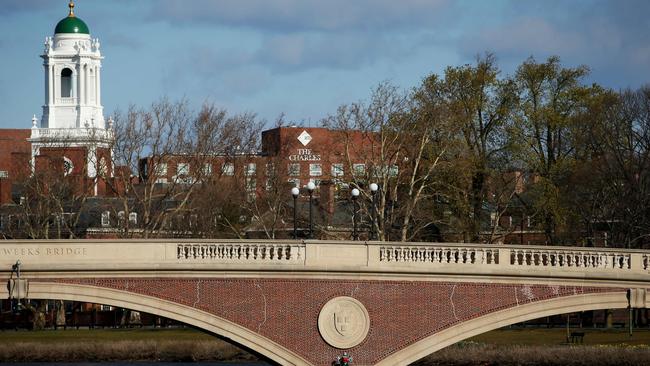
* US Secretary of State Mike Pompeo announced this week that he is looking at banning the social media site TikTok. The site has billions of followers around the world. Owned by Beijing-headquartered ByteDance, TikTok is one of several Chinese-owned technology companies being probed by the US.
Pompeo believes TikTok user data could be accessed by China.
TikTok has been trying to distance itself from its Chinese parent company by setting up separate entities outside China. The company’s biggest office is in Los Angeles, where a former Disney streaming boss is chief executive. TikTok has also announced it will pull out of the Hong Kong market after China imposed a new security law on the city that gives police more powers.
* Chinese companies listed in the US face the threat of a forced delisting. The US Senate passed a bill in May that would prevent companies which refuse to open their books to US regulators from listing on Wall Street.
Almost 200 Chinese companies – mostly technology companies ---with a combined market capitalisation of more than $US1 trillion are listed on the Nasdaq and the New York Stock Exchange. Ten companies led by Alibaba account for around three quarters of this market value.
If the bill becomes law, US-listed Chinese companies must withdraw from American exchanges because Chinese laws prevent an auditors’ work from being transferred out of the country. Chinese groups have raised more than $US55 billion in the US stock market since 2000, including $1.5 billion so far this year. The Americans say that the rules on Chinese listings are being brought into line with their Mexican or Brazilian counterparts.

* India has banned 59 mobile phone apps operated by Chinese tech companies led by ByteDance, owner of the booming TikTok. These apps have been downloaded some five billion times in India.
India will require the Chinese tech companies to answer accusations that they are stealing data.
These are just a few of the fronts where the database war is being fought but the theme on each front is the same.
The threats of shooting wars are more confined but even more dangerous.
The first was in the Himalayas where sovereignty over the Aksai Chin region has always been uncertain. Last month around 20 Indian soldiers and an unknown number of Chinese were killed in a battle in the Galwan Valley, close to Aksai Chin. It is an area controlled by China but claimed by both countries. A truce has been established but China has moved large numbers of troops and armaments to the region, while India has also reinforced its position.
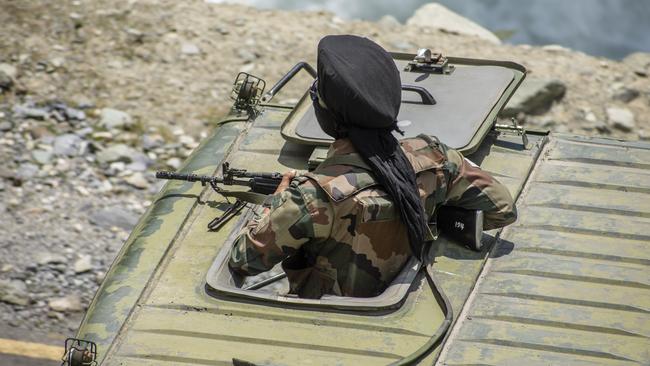
The second front was closer to Australia. Two American aircraft carriers sailed to the South China Sea on Saturday for what Navy officials described as a “freedom-of-navigation operation” while China’s military conducted exercises nearby.
The US navy said the carriers were deployed “in support of a free and open Indo-Pacific”.
The ships, which were accompanied by warships and aircraft, were conducting exercises to improve air defence and long-range missile strikes in “a rapidly evolving area of operations.”
China responded via the state run Global Times with a chilling threat: “The South China Sea is fully within the grasp of the Chinese People’s Liberation Army (PLA), and any US aircraft carrier movement in the region is solely at the pleasure of the PLA, which has a wide selection of anti-aircraft carrier weapons like the DF-21D and DF-26 “aircraft carrier killer” missiles.”
This is a very dangerous game.




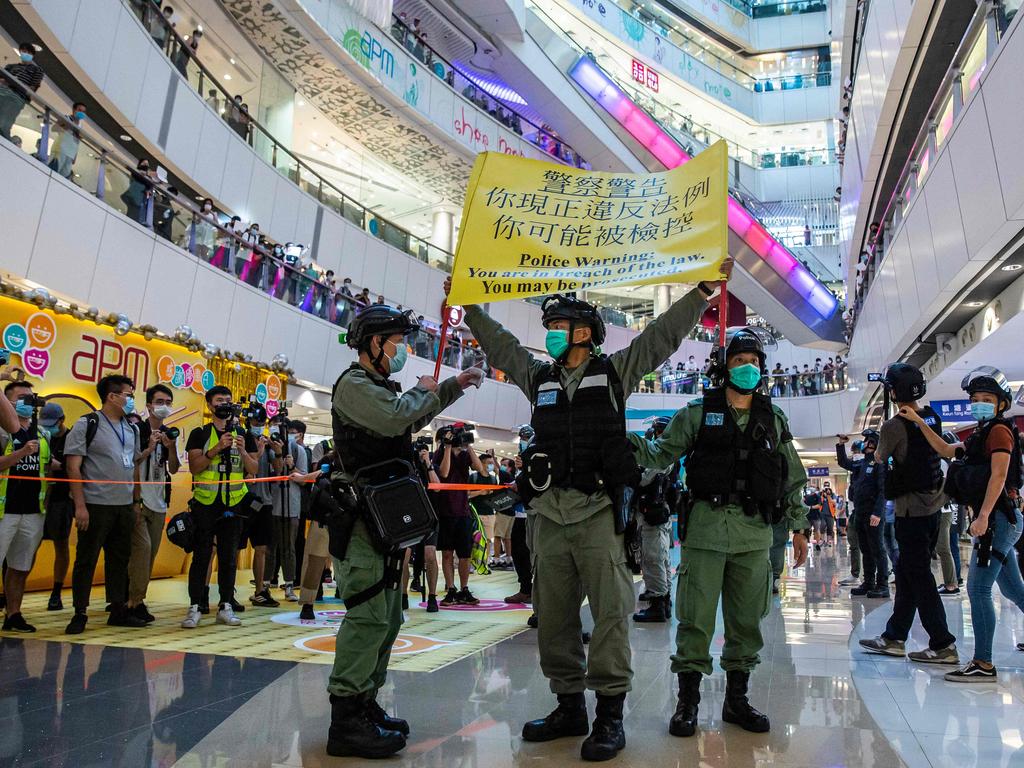
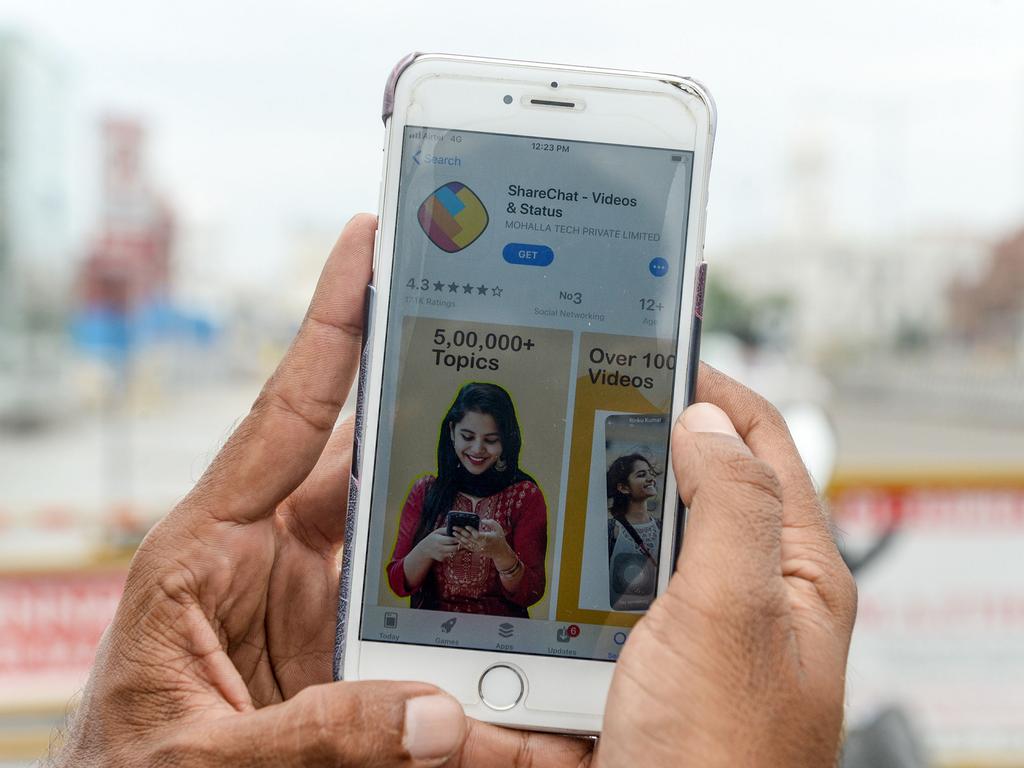


The world, including Australia, is witnessing two simultaneous wars. The war that captures the headlines is COVID-19 because it has hit our health, income and jobs. The impact in the state of Victoria will be devastating.